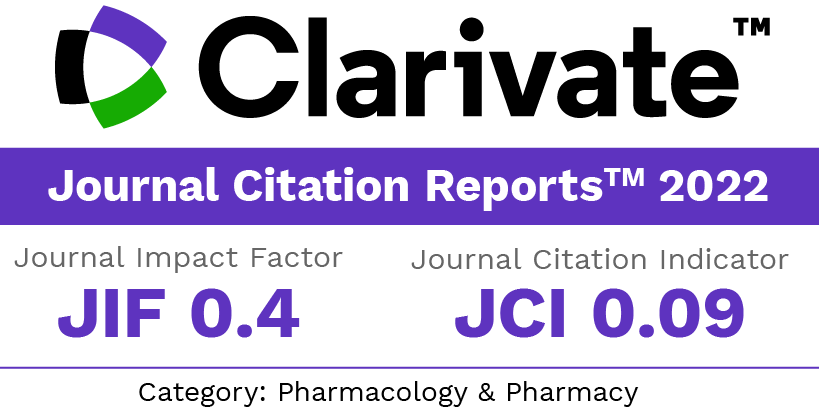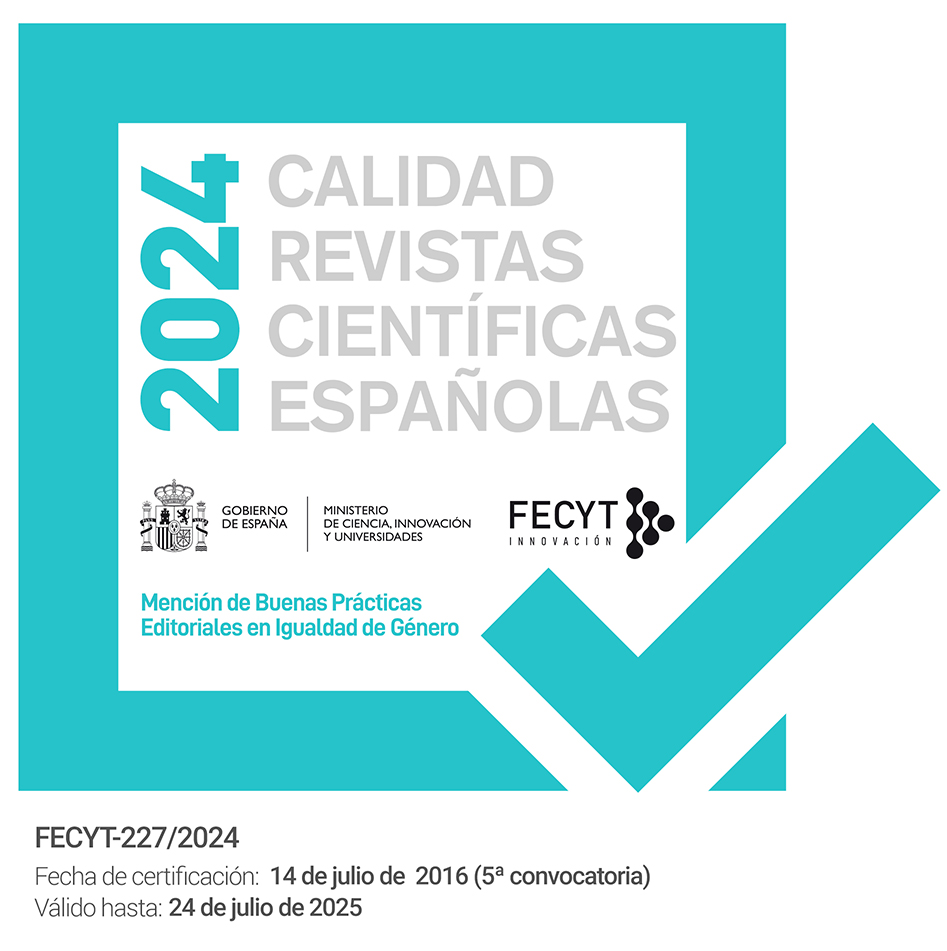The pharmacist future and the family medicine cabinet: learning to make health education
Keywords:
Pharmaceutical Care, self-medication, Family medicine cabinet, Drug elimination, Health Education, Community Pharmacy, Outdated medicinesAbstract
The use of drugs is a more common occurrence in any family unit involves the preparation of a medicine cabinet at home. Often this kit to grow as a result of the tendency to accumulation of drugs by their users. This means it can be misused, resulting in negative health consequences patient. It has done a training and awareness among students of the subject Clinical Pharmacy final year of the Bachelor of Pharmacy from the University of Granada on kits for family use and disposal methods of expired drugs or residues of these. Thus, the pharmaceutical professional future has been with this activity health education, reflect on the importance of the status of home medicine cabinets and the need for frequent revision of these. This activity has also made them aware of the importance of monitoring kits community pharmacies. Upon completion of this study, 94% of students felt that the pharmacist should play a key role in advising and patient information on your medicine cabinet and proper disposal of waste generated by the use of drugs. In this way, it has made the future pharmacist raise awareness of the importance of health education activities for health.Downloads
References
Barris D, Faus MJ. Iniciación a la metodología Dáder de seguimiento farmacoterapéutico en una farmacia comunitaria. Ars Pharmaceutica 2003; 44: 225-237.
Machuca M, Fernández-Llimós F, Faus MJ. Método Dáder. Guía de Seguimiento Farmacoterapéutico. Granada: GIAF-UGR; 2003.
Sociedad Española de Farmacéuticos de Atención Primaria. Atención farmacéutica integral e integrada. Barcelona: Ediciones Mayo; 2000.
Faus MJ. Atención Farmacéutica como respuesta a una necesidad social. Ars Pharmaceutica 2000; 41: 137-143.
Herrera J. Objetivos de la atención farmacéutica. Aten Primaria 2002; 30: 183-187.
Hernández EB, Llamas JM, Orenes M, Salmerón J, Tomás E. Educación sanitaria: el botiquín casero. Seguim Farmacoter 2004; 2: 46-49.
Battle C, De Conte O. Botiquín de viaje. Auxilio rápido. Farmacia Profesional 2001; 15: 61-68.
Garrote A, Bonet R. De viaje en verano: el botiquín. Offarm 2001; 6: 71-84.
Belon JP, Consejos en la farmacia, 2 Ed. Barcelona: Masson; 2002.
Suárez S. Botiquín de viaje. Educación Sanitaria. Farmacia profesional 2002; 16: 69-76.
Alfonso T. El rol del farmacéutico en la automedicación. Uso de Medicamentos: análisis desde la experiencia en España. Pharm Care Esp 1999; 1: 157-164.
Downloads
Published
How to Cite
Issue
Section
License
The articles, which are published in this journal, are subject to the following terms in relation to the rights of patrimonial or exploitation:
- The authors will keep their copyright and guarantee to the journal the right of first publication of their work, which will be distributed with a Creative Commons BY-NC-SA 4.0 license that allows third parties to reuse the work whenever its author, quote the original source and do not make commercial use of it.
b. The authors may adopt other non-exclusive licensing agreements for the distribution of the published version of the work (e.g., deposit it in an institutional telematic file or publish it in a monographic volume) provided that the original source of its publication is indicated.
c. Authors are allowed and advised to disseminate their work through the Internet (e.g. in institutional repositories or on their website) before and during the submission process, which can produce interesting exchanges and increase citations of the published work. (See The effect of open access).


















